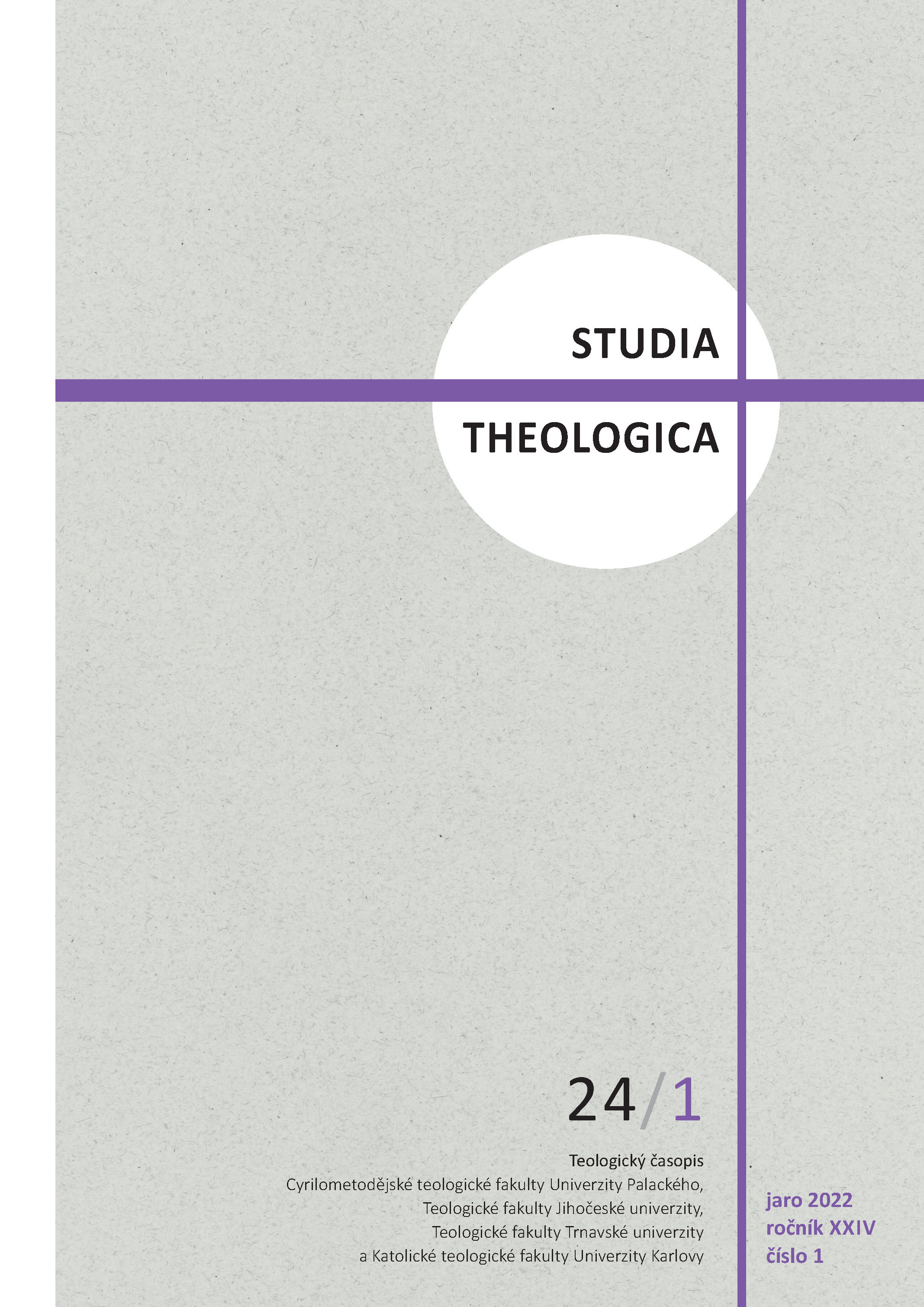Vzťah viny a hriechu v evanjelickej teológii
The Relationship Between Guilt and Sin in Lutheran Theology
A Bibliographical Study of Luther, Schleiermacher and Kierkegaard
Author(s): Ľubomír BatkaSubject(s): Theology and Religion
Published by: Univerzita Palackého v Olomouci
Keywords: Sin; Guilt; Remorse; Self Consciousness; Freedom;
Summary/Abstract: This article deals with three representatives of Reformation theology and their teachings on sin and guilt. Sin is a theological category that expresses the relationship of man coram Deo. Luther’s teaching speaks of sin as a change in one’s status toward radical rejection of trust in God. Guilt is forgiven in the process of salvation, but as it is expressed in Luther’s teaching about simul iustus et peccator, one’s entire life remains to be repentant. In Schleiermacher’s thought, sin is a change in self consciousness, and guilt is not greatly emphasised. Kierkegaard presents sin as a change of subject in the individual. Guilt is part of present existence and should be constantly present in genuine repentance. These approaches have in common the avoidance of the moralization of sin.
Journal: Studia theologica
- Issue Year: XXIV/2022
- Issue No: 1
- Page Range: 61-85
- Page Count: 25
- Language: Slovak

